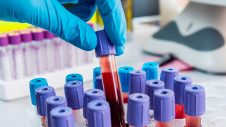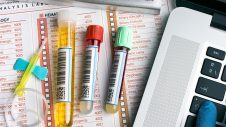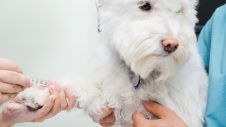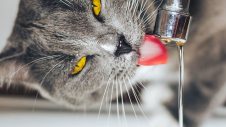Making sense of blood tests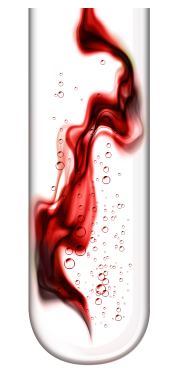
Why do pets need blood tests?
Our pets aren’t able to tell us when they feel unwell. Regular vet checks, worming and a healthy diet are all important for our pets, but these things can’t always reveal how their internal organs are functioning. Blood tests are among the most diagnostic of all the health checks. They provide accurate and timely information about the health of your pet, and help us uncover early signs of disease or concerns.
What do blood tests reveal?
Blood tests can provide insight into the function of your pet’s organs, hormones and their immune system, and can indicate the presence of disease. Some tests can be used to stimulate or suppress an organ to look into its function more specifically. Newer tests even have the ability to look at your pet’s genetics for specific disease or infections.
Common tests look at the function of the liver, kidneys and pancreas. Enzymes can also be tested, which indicate potential muscle damage and inflammation. Red and white blood cells are also tested which reveal hydration status, anaemia, inflammation or infection, and your pet’s immune system responses.
Why would my pet need a blood test?
There are many reasons your pet could require a blood test. Blood tests are used to identify potential problems before anaesthetic use, to screen for disease or identify breed-specific disease, or for monitoring effects of certain drug therapies. Click here for further pre-operative information.
How often should pets have a blood test?
The age and condition of your pet will usually be enough to determine their need for a blood test. It is recommended that blood tests be performed prior to anaesthetics, especially if a problem is suspected. A yearly screen is highly recommended as part of your pet’s health check up. For senior pets 7 years and older, twice yearly is recommended and is an important step to understanding your pet’s health and uncovering early signs of disease.
How are blood tests performed?
Blood tests can be carried out simply and swiftly during a regular consultation. Your veterinarian will clip a small amount of hair from your pet’s limb or neck and sterilise the area with an alcohol swab. A small amount of blood is collected using a syringe needle, then placed into special tubes and processed either on-site or in an external laboratory. Animals don’t seem to feel these needles (unlike us) and before they know it, it’s all over.
If you’re concerned about your pet’s health, particularly if they’re ageing, book a consultation at your Greencross Vets today.

 Greencross Vets
Greencross Vets 